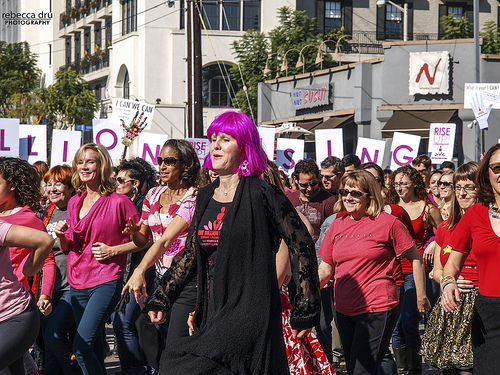According to statistics released Thursday by the World Health Organization, more than one in three women around the world have been raped or physically abused; 80 percent of this abuse happens in the home at the hands of an intimate partner or spouse.
The report represents the first “systematic study of global data on the prevalence of violence against women,” according to a release from the organization.
In addition to statistics revealing epidemic levels of violence affecting women and girls in countries across the globe, the report also details the impact of violence on their physical and mental health, ranging from death and serious injury to depression, substance abuse, increased vulnerability to sexually transmitted infections and other negative health outcomes.
“This new data shows that violence against women is extremely common. We urgently need to invest in prevention to address the underlying causes of this global women’s health problem,” professor Charlotte Watts, from the London School of Hygiene & Tropical Medicine, said in a statement.
In addition to investing in prevention, health experts recommend working to eliminate barriers to effective reporting of violence when and where it happens, as the organization notes: “Fear of stigma prevents many women from reporting non-partner sexual violence. Other barriers to data collection include the fact that fewer countries collect this data than information about intimate partner violence, and that many surveys of this type of violence employ less sophisticated measurement approaches than those used in monitoring intimate partner violence.”
Reducing rates of violence against women is a global health imperative that requires the attention and intervention of government, public health and law enforcement officials, experts say, but the solutions may also be found closer to home, as Claudia Garcia-Moreno, a physician from the WHO, told “All Things Considered”: “There is no magic bullet, no vaccine or pill” for rape and abuse, Garcia-Moreno said. “But what we hear from women is that oftentimes, just having an empathetic listener who can provide some practical support and help her get access to some other services — that in itself is an important intervention.”

